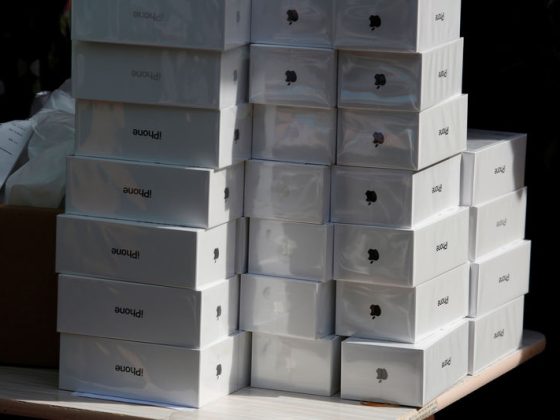Investing.com — Shares of Mercado Libre (BMV:MELIN) (NASDAQ:MELI) were down 2% on Wednesday following a downgrade by JP Morgan. Previously rated as “overweight,” JP Morgan revised its stance on Mercado Libre to a more cautious “neutral” rating.
The downgrade stems from concerns that, despite the strong performance of the company’s stock over the past year—where it rallied 62%—there is now limited room for upside.
JP Morgan analysts point to several factors weighing on Mercado Libre’s short-term outlook. One key issue is the pressure on the company’s credit business, particularly its nascent credit card operations.
The credit card business, while integral to expanding Mercado Libre’s digital banking ecosystem, is expected to drag down the company’s overall net interest margin.
JP Morgan projects the Net Interest Margins After Losses (NIMAL) from credit cards to be marginally negative in the early stages, which could bring the consolidated NIMAL down from 36% in 2023 to a low of 24% by 2027.
Another headwind cited in the downgrade is the company’s logistical expansion. Mercado Libre recently opened five new distribution centers in the third quarter of 2024, a move expected to increase short-term operational costs.
While the long-term value of these centers is recognized, the initial expense could weigh on profit margins, especially in the near term.
In addition to these operational challenges, the analysts also flagged concerns about the normalization of the company’s income tax rates and foreign exchange losses.
“Moreover, effective tax rate of 20% in 2Q does not seem sustainable, and we expect rates closer to 34%,” the analysts said.
Similarly, foreign exchange losses, which had been minimal earlier in the year, are expected to intensify.
Overall, JP Morgan’s revised outlook suggests that Mercado Libre’s stock, despite its long-term potential, may not outperform expectations in the immediate future.
JP Morgan downgraded Mercado Libre’s stock, citing high valuations of 24x EV/EBITDA and 49x P/E for 2025. The brokerage expressed doubts about further gains without the company exceeding earnings expectations.


